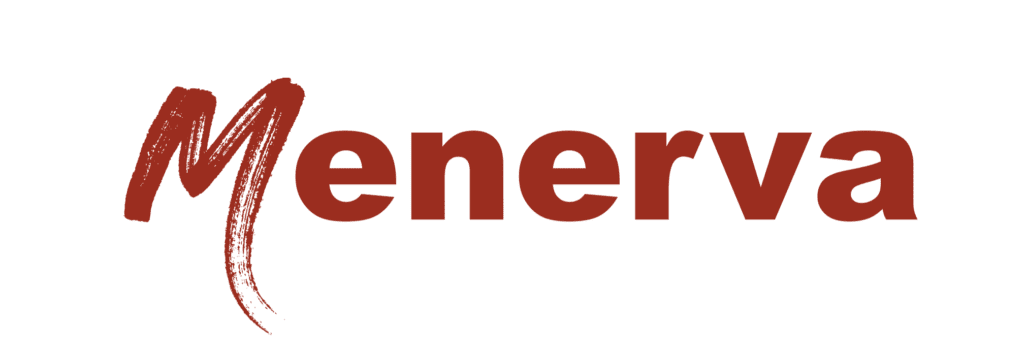Google Search Console (GSC) is a free platform from Google that provides an in-depth look at how your website performs in search. Think of it as your direct line to Google’s search engine. It shows you how your content is being crawled, indexed, and ranked, and flags any technical hiccups that could be hurting visibility.
Whether you’re managing a small blog, a growing business site, or a major ecommerce operation, GSC helps you uncover the search queries driving traffic, find out which pages are gaining traction (or falling behind), and troubleshoot SEO issues before they escalate. It’s like having a diagnostic dashboard for your site, packed with data you can use to improve search performance, boost user experience, and align your strategy with what Google is actually seeing.
What Can You Do with Google Search Console?
While it doesn’t directly influence rankings, GSC gives you the data you need to improve them. Here’s what it can help you with:
- Track keyword performance and user behavior in search results
- Identify which pages are indexed, and which aren’t
- Spot technical SEO issues that could impact visibility
- Submit sitemaps and request indexing for new content
- Analyze backlinks and internal linking structure
- Review mobile usability and user experience metrics
- See how your site appears with structured data or rich results
In short, it’s both a technical and strategic tool that deserves a permanent spot in your SEO toolkit.

How to Set Up Google Search Console
Getting started is straightforward:
- Visit Google Search Console and sign in with your Google account.
- Add your website as a “property.” You can choose between:
- Domain property (covers all subdomains and protocols)
- URL prefix (specific to the exact URL entered)
- Verify ownership. Options include:
- Uploading an HTML file
- Adding a DNS TXT record
- Inserting a meta tag into your site’s <head>
- Using Google Analytics or Google Tag Manager
Once verified, GSC starts collecting data. Give it a few days for insights to populate.

Key Reports and Tools in Google Search Console
1. Performance Report
Find out how your site is performing in search with metrics like:
- Total clicks
- Total impressions
- Average click-through rate (CTR)
- Average position
You can filter by query, page, country, device, or search appearance. It’s a powerful way to see what’s driving traffic and what isn’t. Knowing this helps you refine your content, adjust SEO tactics, and pinpoint what your audience is truly searching for.
2. Indexing Report
Under “Indexing > Pages,” you’ll see how many of your pages are indexed. It also flags issues like:
- Redirect errors
- “Noindex“ tags
- Crawl anomalies
- 404 errors
Each issue includes affected URLs and suggested fixes. Visibility into this report ensures your valuable content is findable by search engines, not stuck in limbo due to preventable errors.
3. Sitemaps Tool
Submitting a sitemap helps Google understand your site structure. Enter your sitemap URL (typically /sitemap.xml) in the “Sitemaps“ tab. It will notify you of any issues like formatting errors or unreachable pages.
4. URL Inspection Tool
Want to know if a specific page is indexed? Use this tool to check crawl status, indexation, and any errors. It’s also where you can request indexing after publishing updates. This tool is crucial when you want to expedite visibility for new or updated content.
5. Page Experience & Core Web Vitals
Google evaluates user experience using real-world data. These reports cover:
- Loading speed (Largest Contentful Paint)
- Interactivity (First Input Delay)
- Visual stability (Cumulative Layout Shift)
Improving these scores can boost both SEO and usability. Keeping an eye on these metrics helps you avoid frustrating user experiences that could lead to higher bounce rates and lower engagement.
6. Mobile Usability Report
The mobile usability report highlights mobile-specific issues like:
- Text that’s too small to read
- Clickable elements too close together
- Content wider than the screen
With Google’s mobile-first indexing, addressing these is a must. This report helps ensure your site is accessible and functional for the growing number of users browsing on mobile.
Check out our blog post to learn how to improve website speed
7. Enhancements Report
If you’ve implemented structured data or Schema (like FAQs, reviews, and breadcrumbs), this report shows how Google processes it and flags any errors that might block rich results.
Having visibility here helps you capitalize on enhanced SERP features, making your listings more attractive and increasing the likelihood of clicks.
8. Links Report
Understand your link profile with insights on:
- Top-linked external domains
- Most linked internal pages
- Common anchor text
- Total external and internal links
This data helps you refine both link-building and internal linking strategies. Knowing where your link equity is concentrated can guide future outreach and content promotion efforts.
9. Manual Actions & Security Issues
If your site violates Google’s guidelines (think spammy practices or hacked content), this section will alert you. Fixing issues quickly can prevent long-term damage.
Staying on top of this section ensures that you can act quickly in the event of penalties or breaches, protecting both your rankings and user trust.

Why Google Search Console Matters for SEO
GSC isn’t a replacement for keyword research tools or analytics platforms, but it fills in critical gaps:
- Discover which keywords actually bring users to your site
- See how your pages appear in the search results
- Find out where crawl or index issues are costing you traffic
- Track how updates impact your visibility over time
Knowing this information will help you identify and prioritize the most critical SEO issues.
Best Practices for Using GSC
- Check in regularly: Don’t wait for traffic to tank. Make it a monthly habit.
- Address indexation problems fast: Unindexed pages can’t rank.
- Watch your CTR: A drop with steady rankings means your titles or descriptions may need tweaking.
- Inspect new pages: After publishing, use the URL Inspection Tool to speed up indexing.
- Pair with Google Analytics: GSC shows how people find your site; Analytics shows what they do once they’re there.
A Must-Have for Every Website
Regardless of your site’s size or industry, Google Search Console is a vital tool. It helps you see what Google sees—and fix what might be holding you back.
Need Help Making the Most of Google Search Console?
At Menerva Digital, we help brands turn technical SEO insights into measurable growth. Contact us to see how we can optimize your GSC setup and make your SEO strategy smarter, faster, and more effective.





